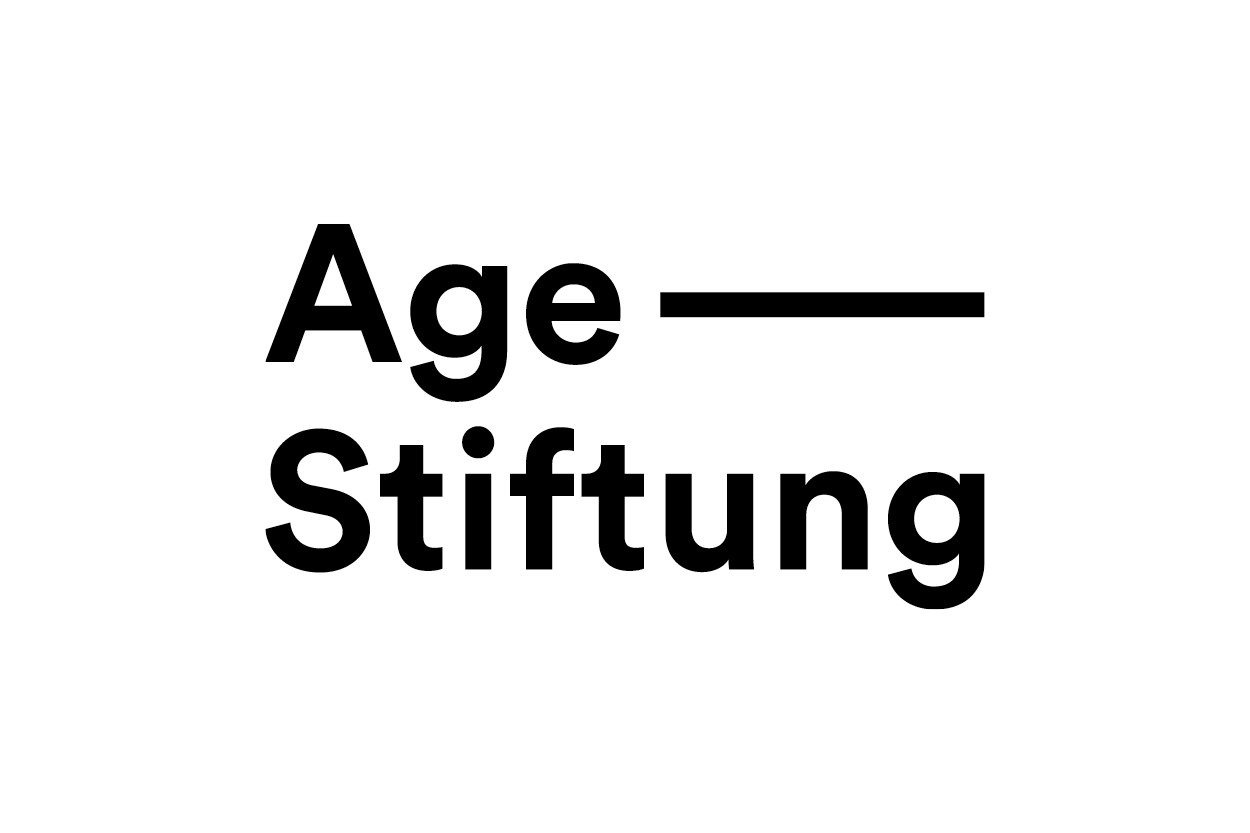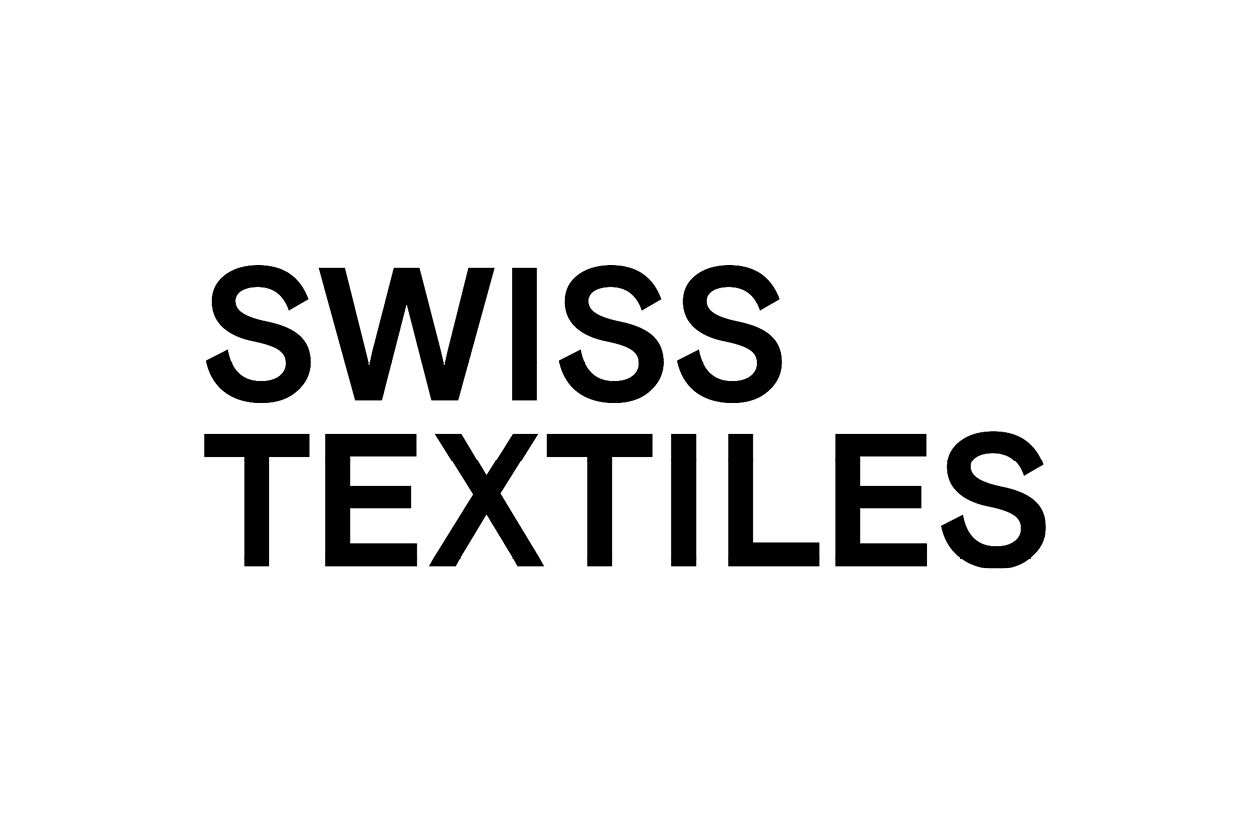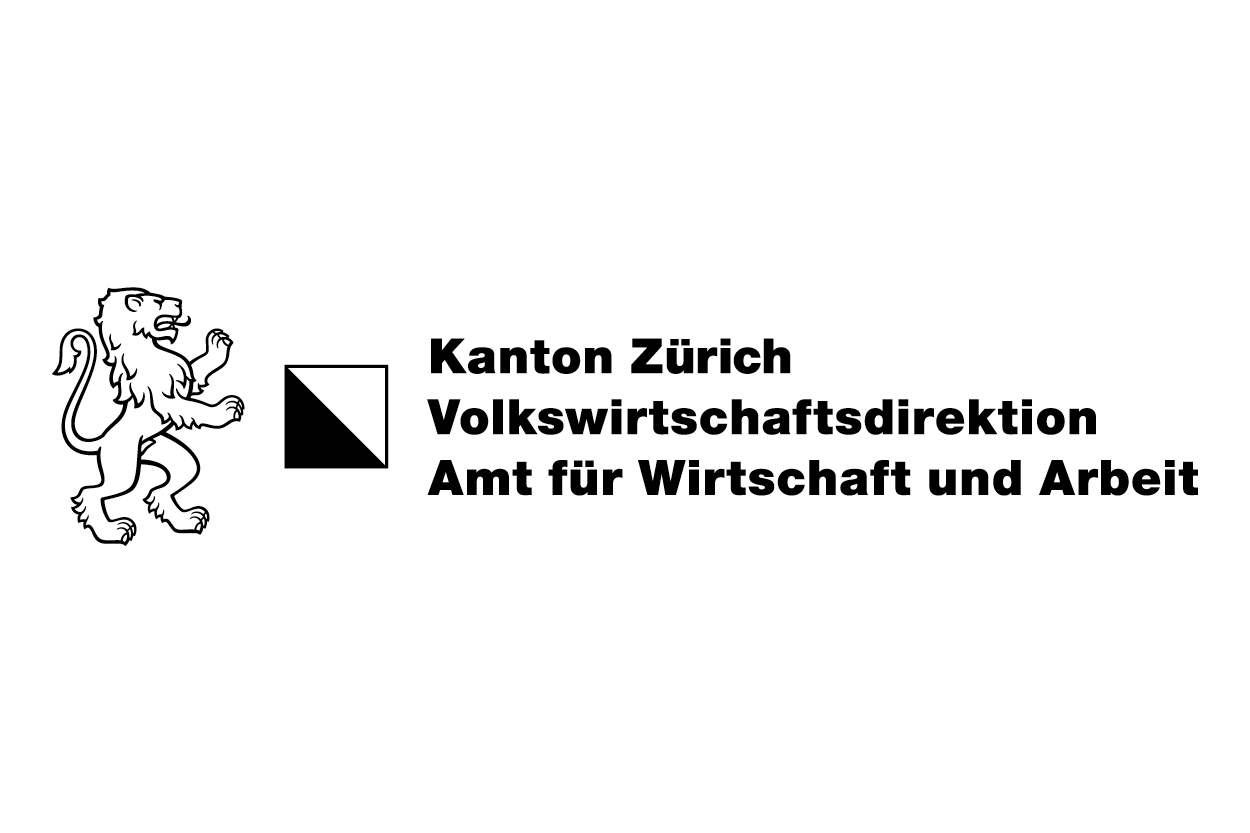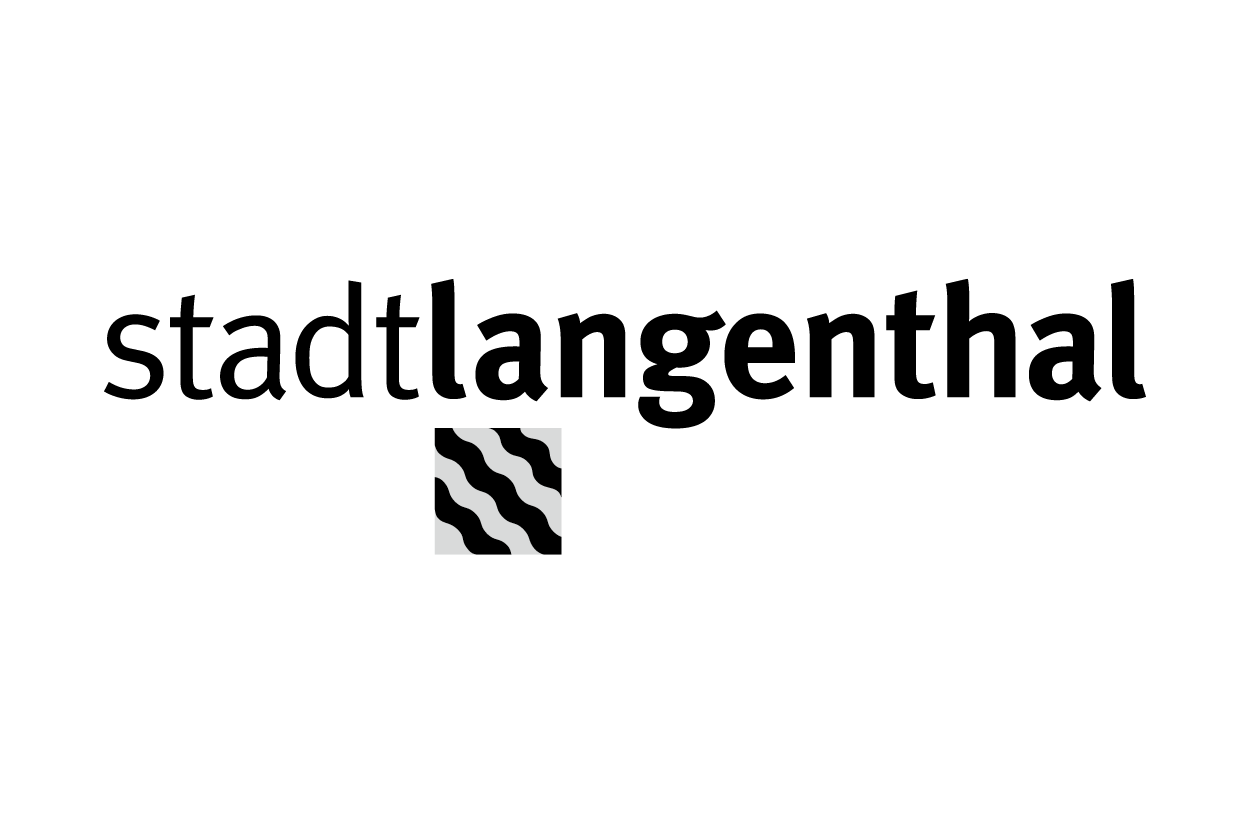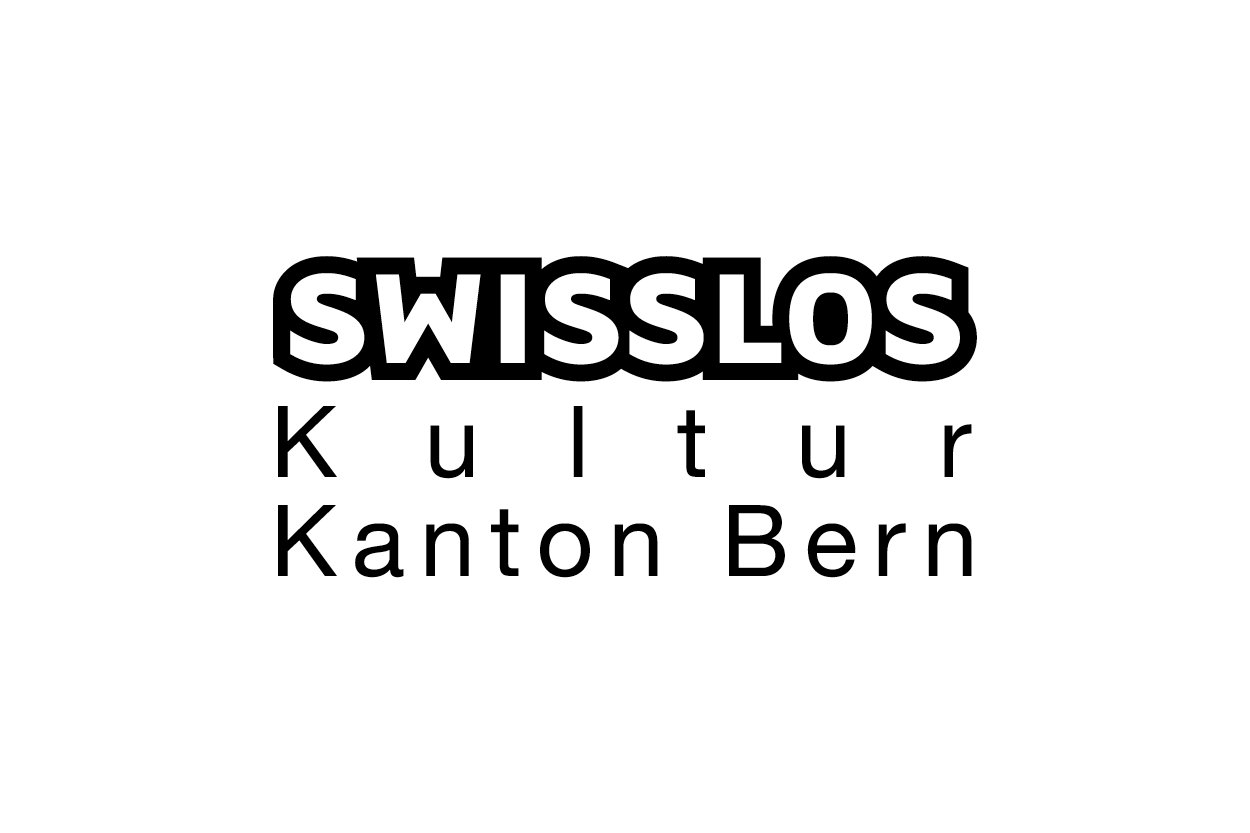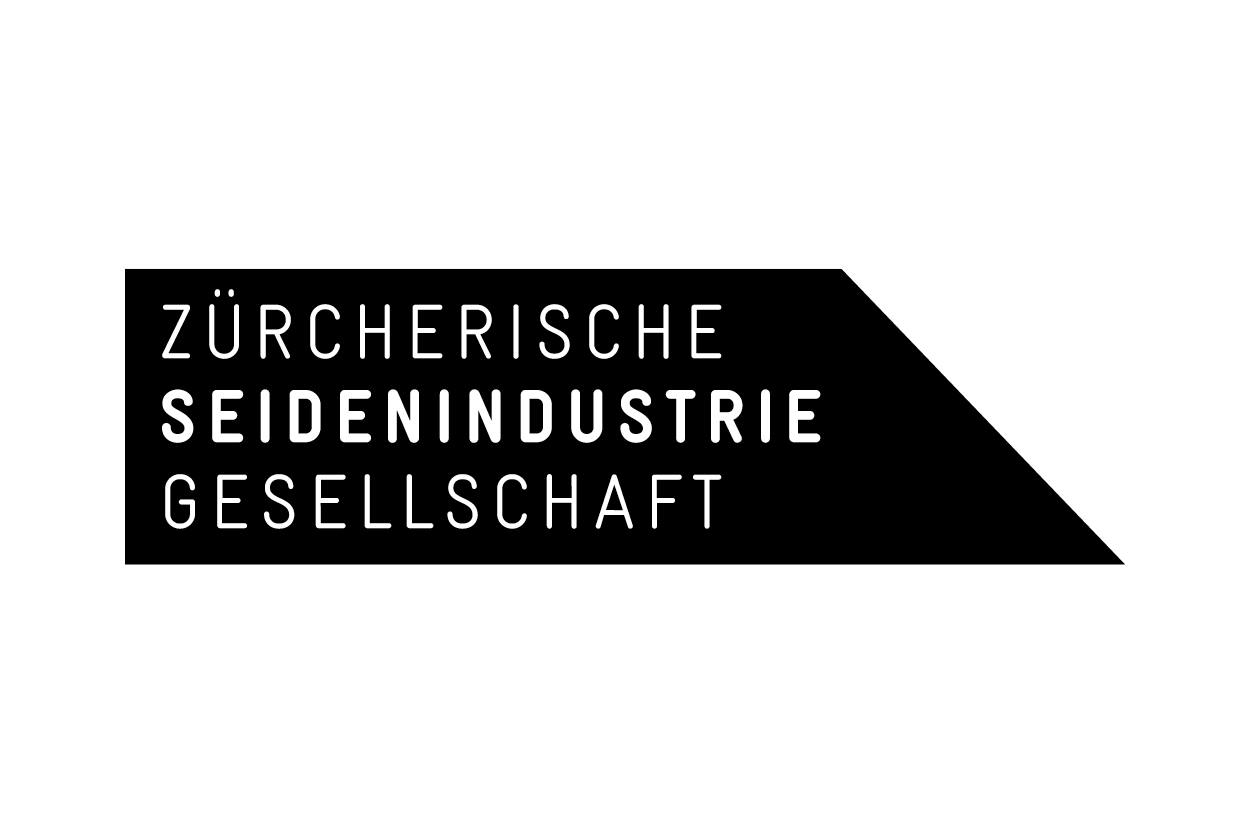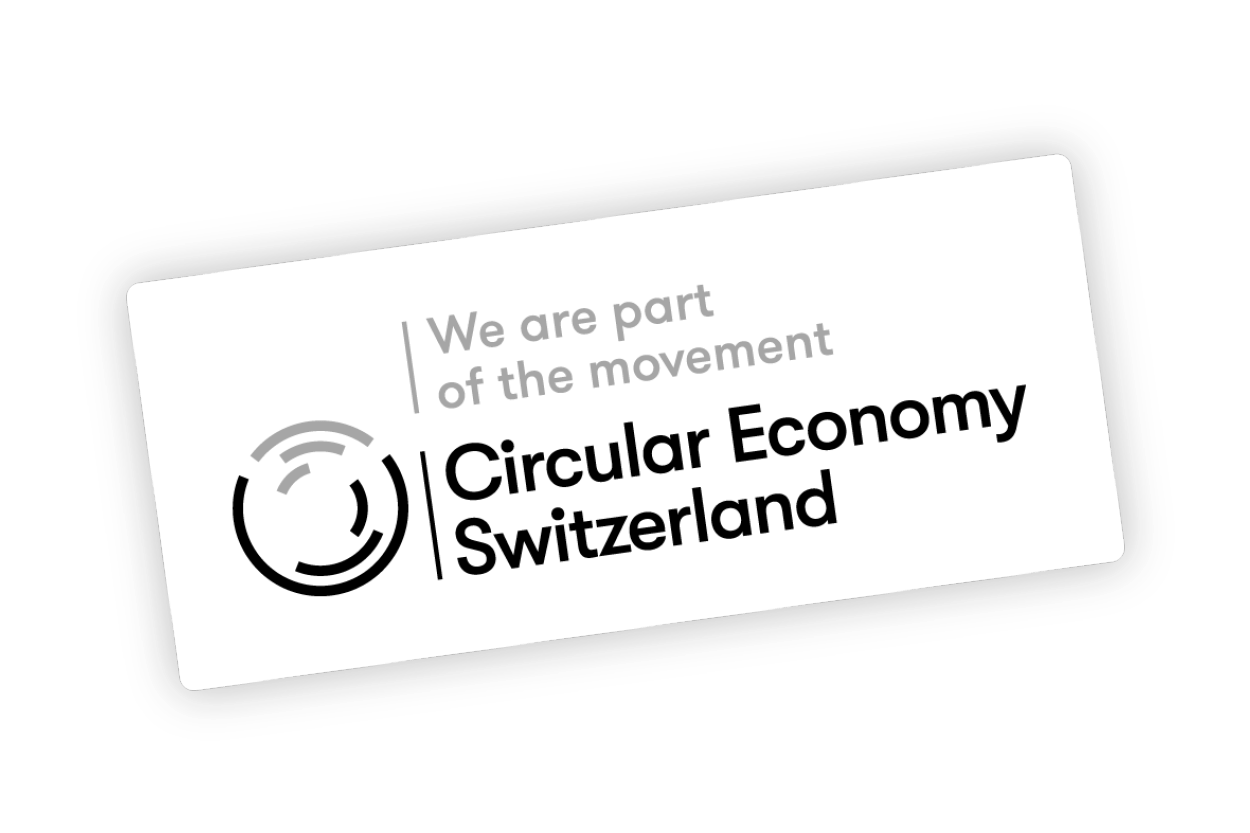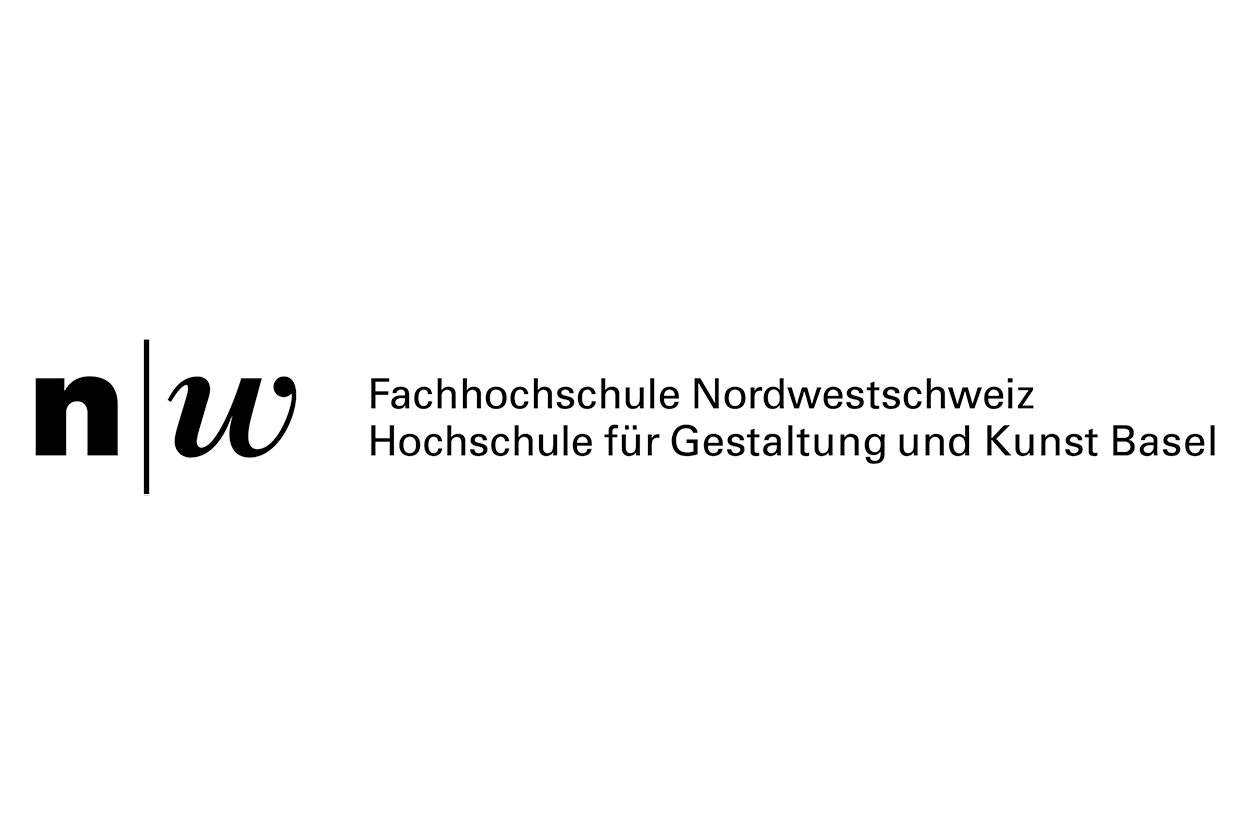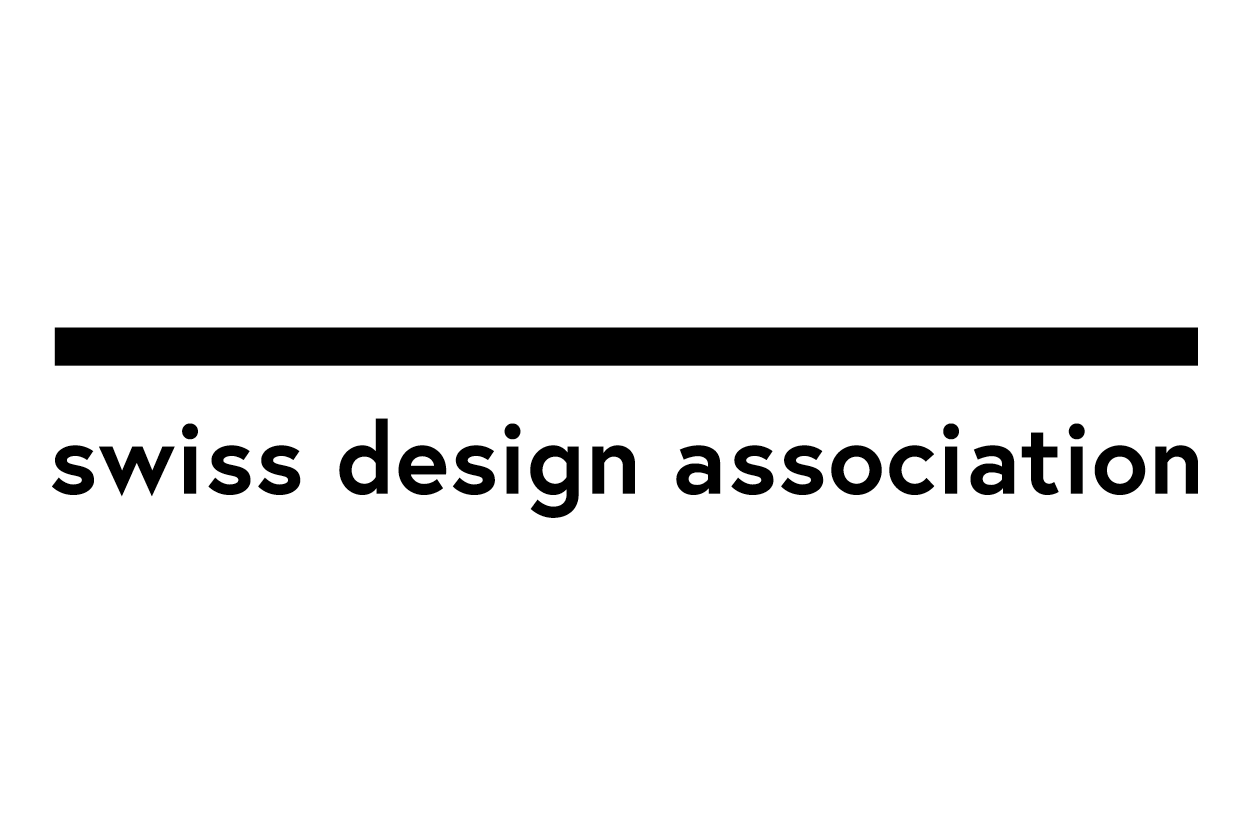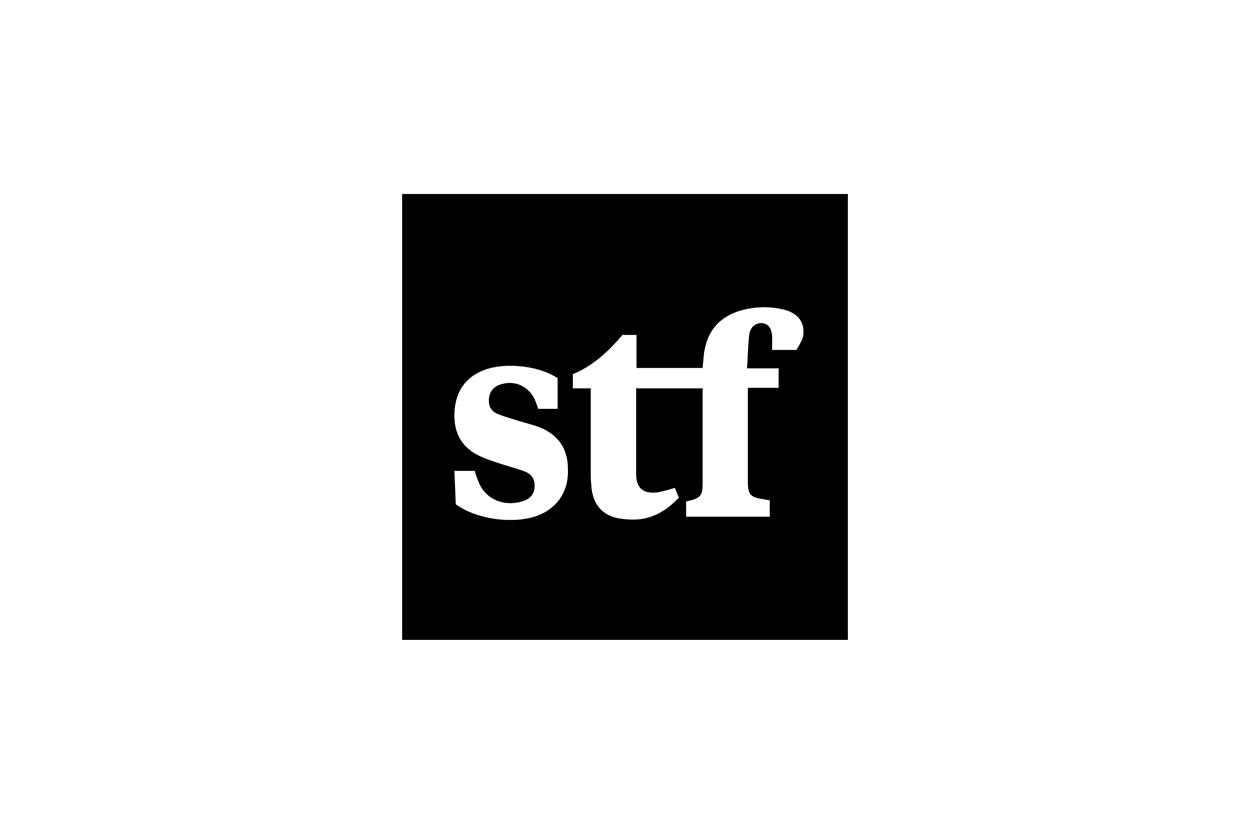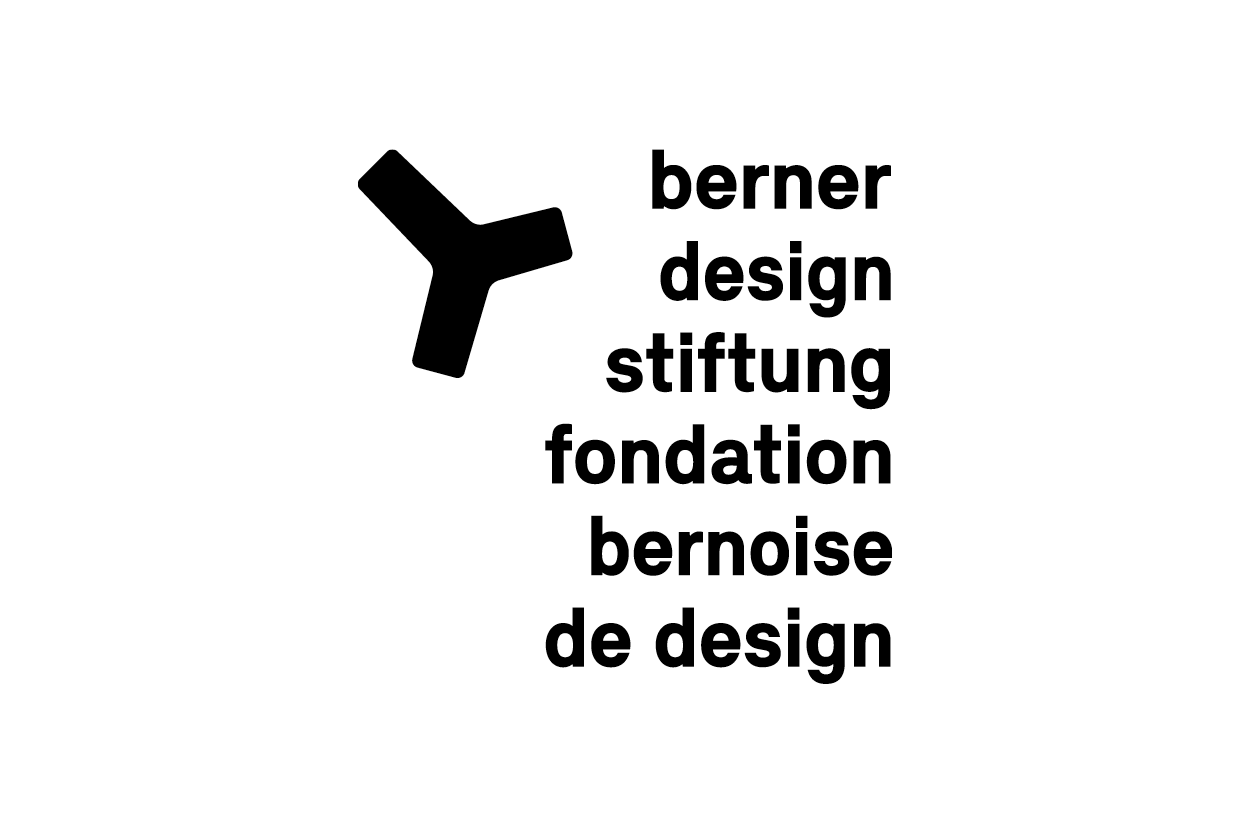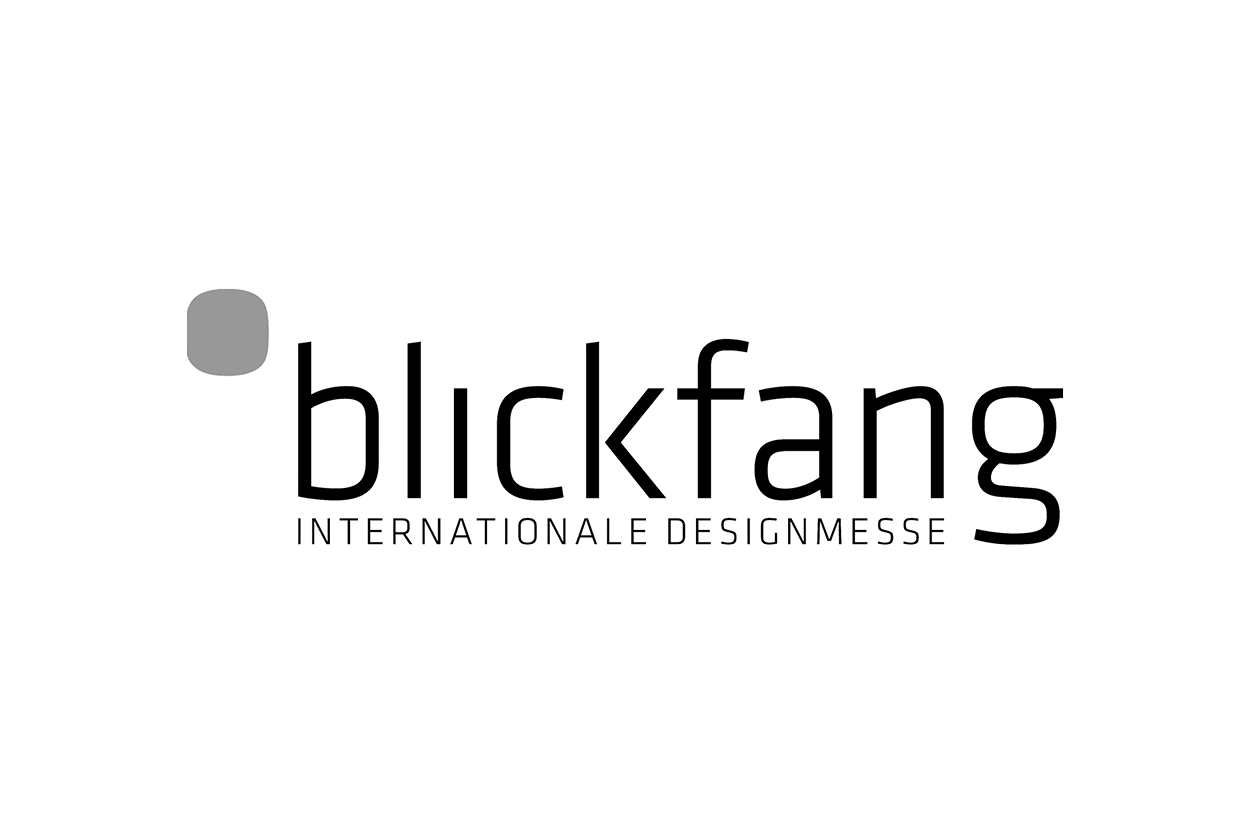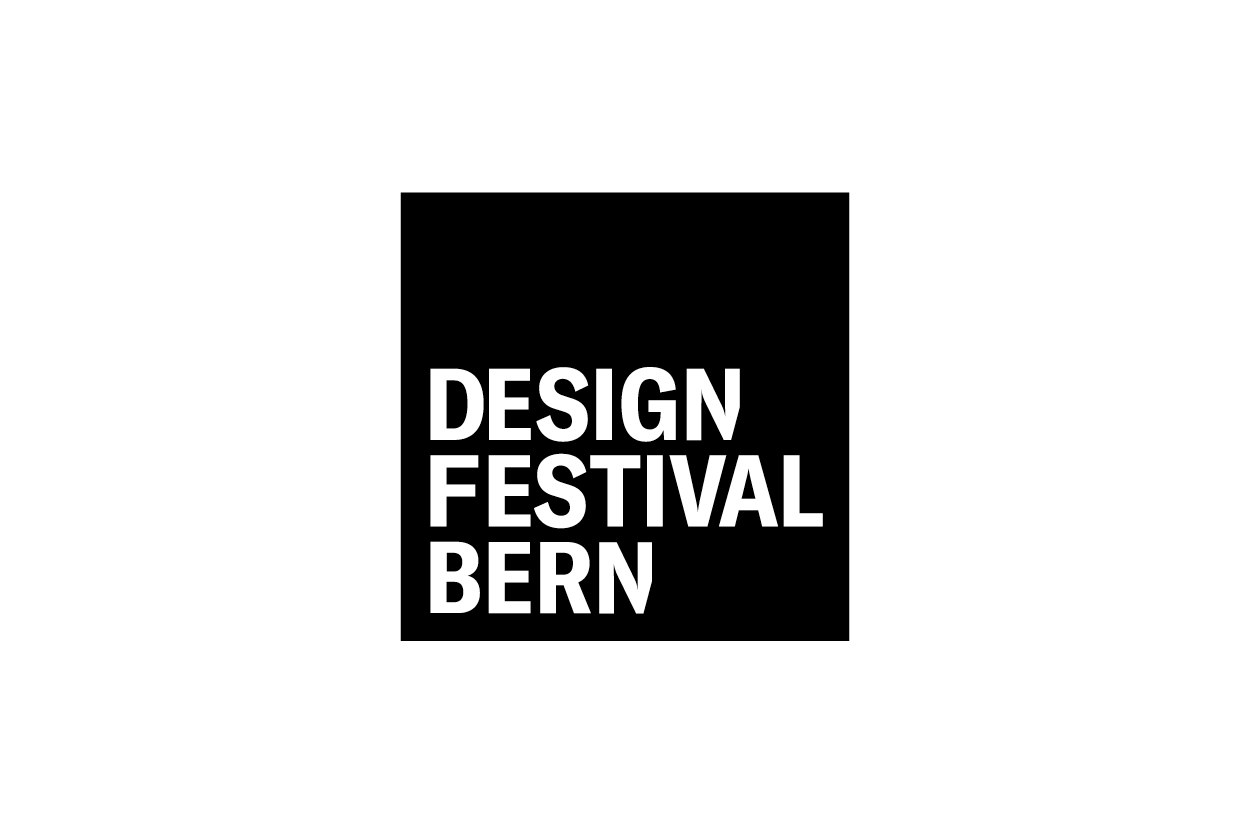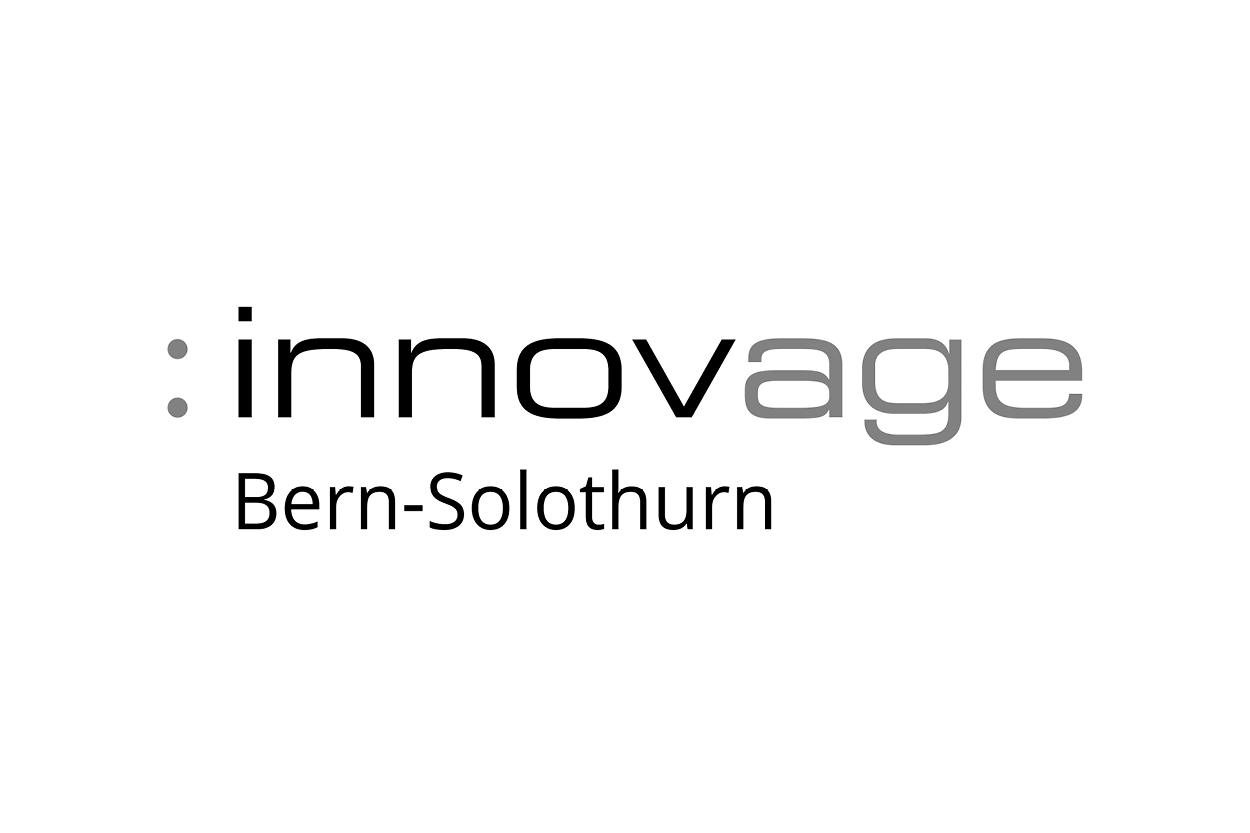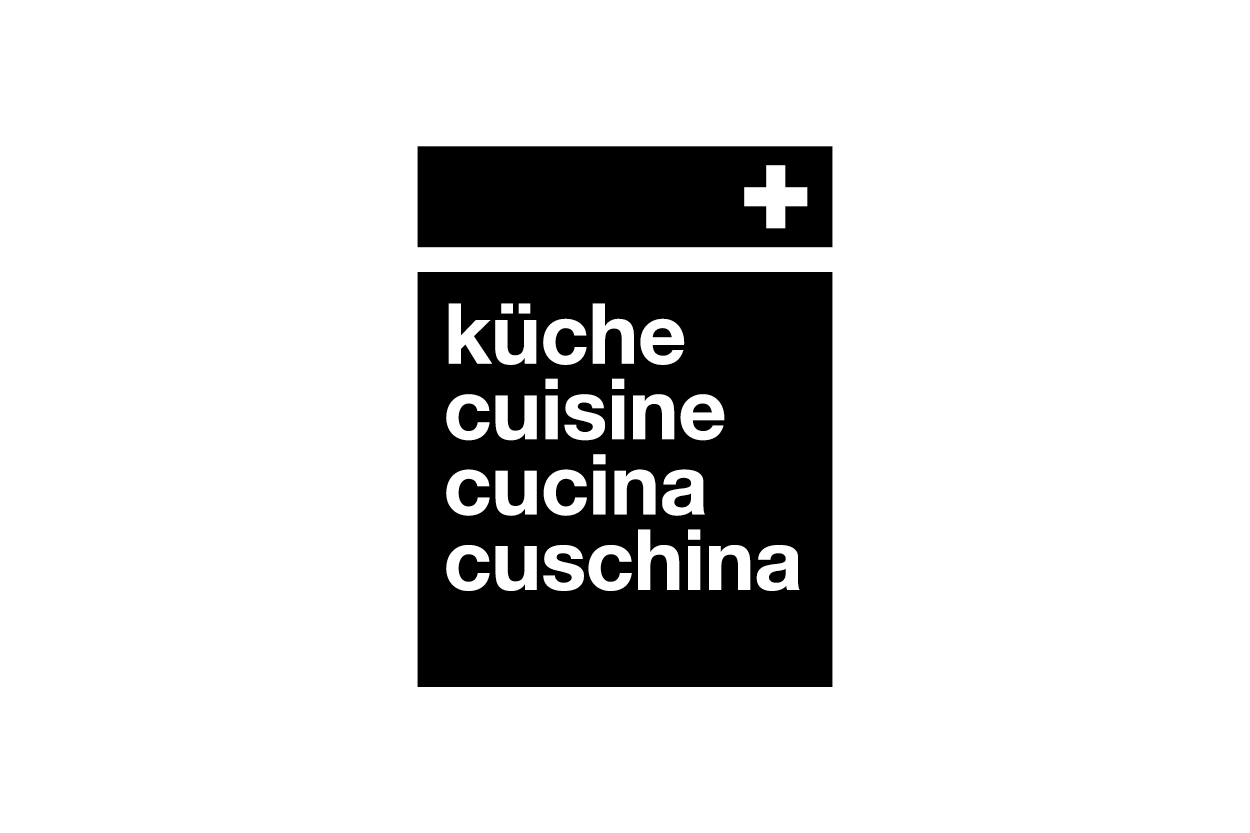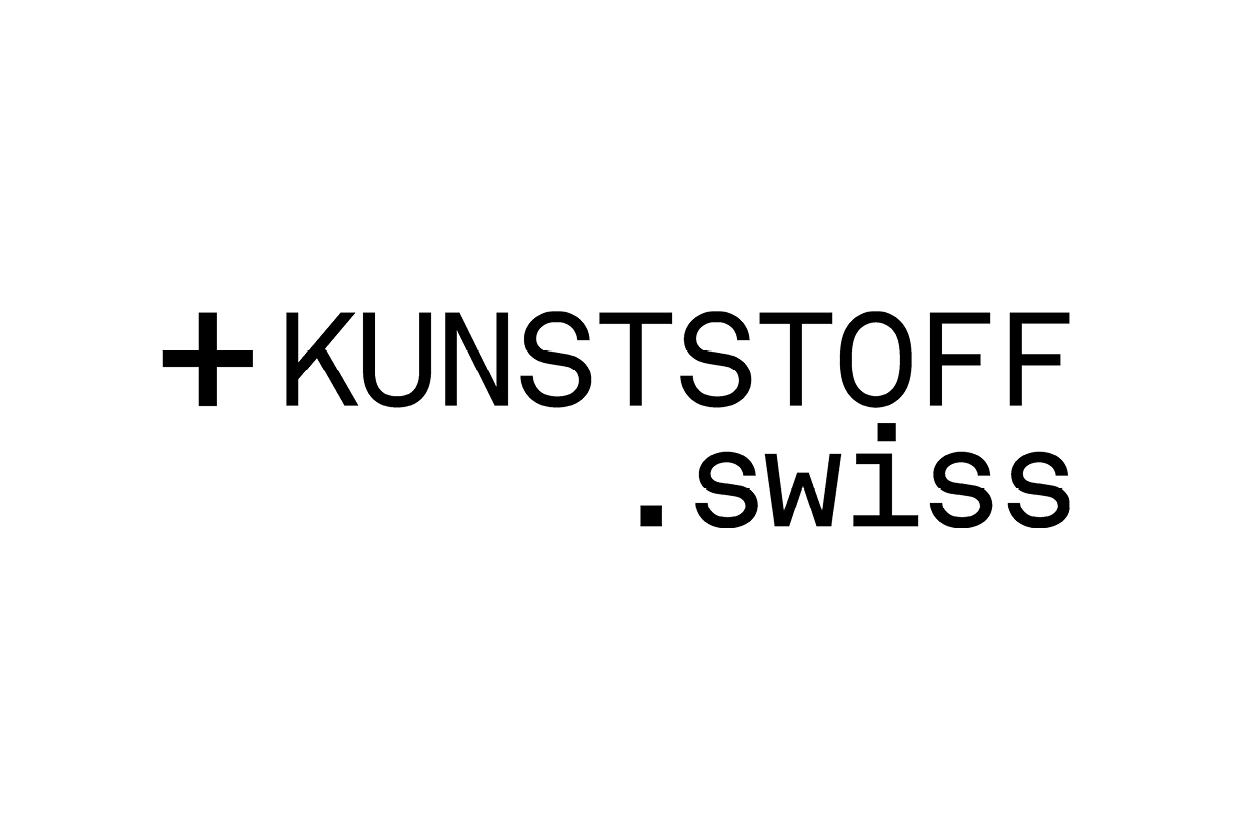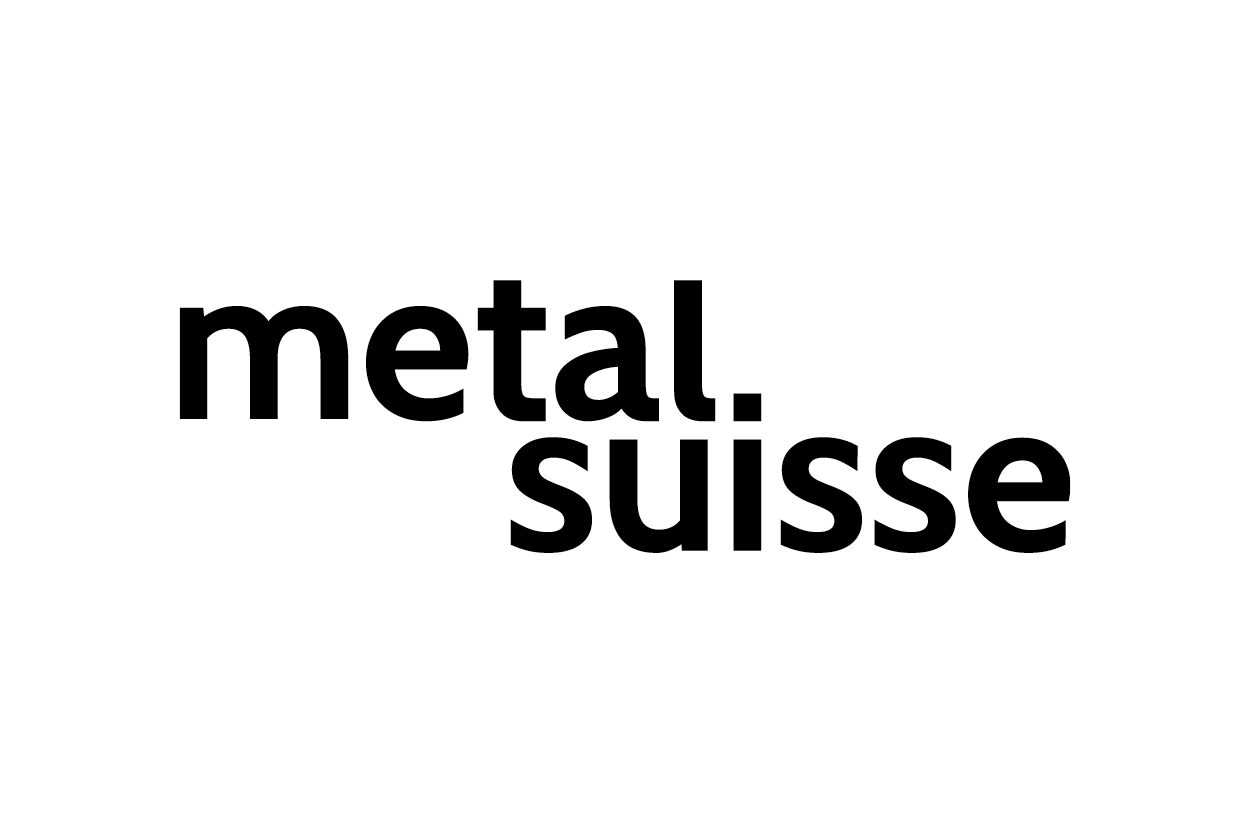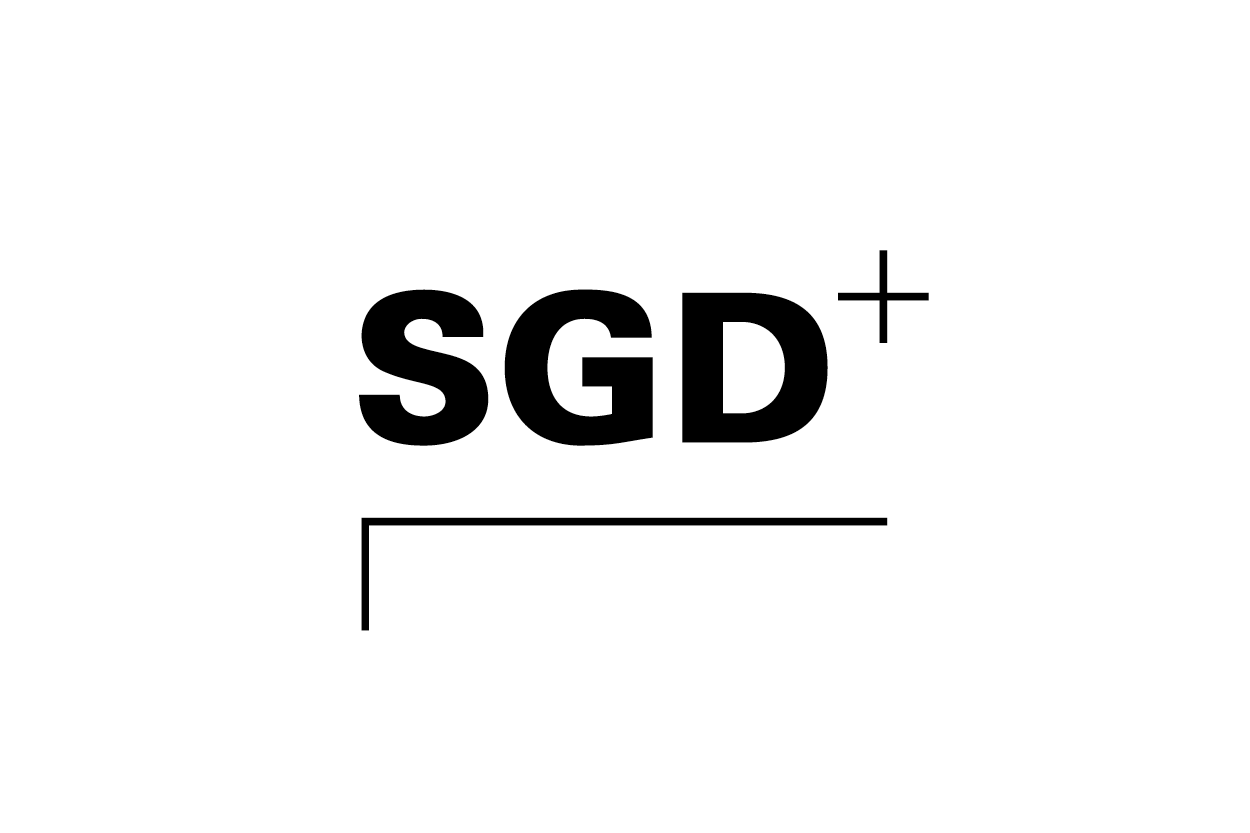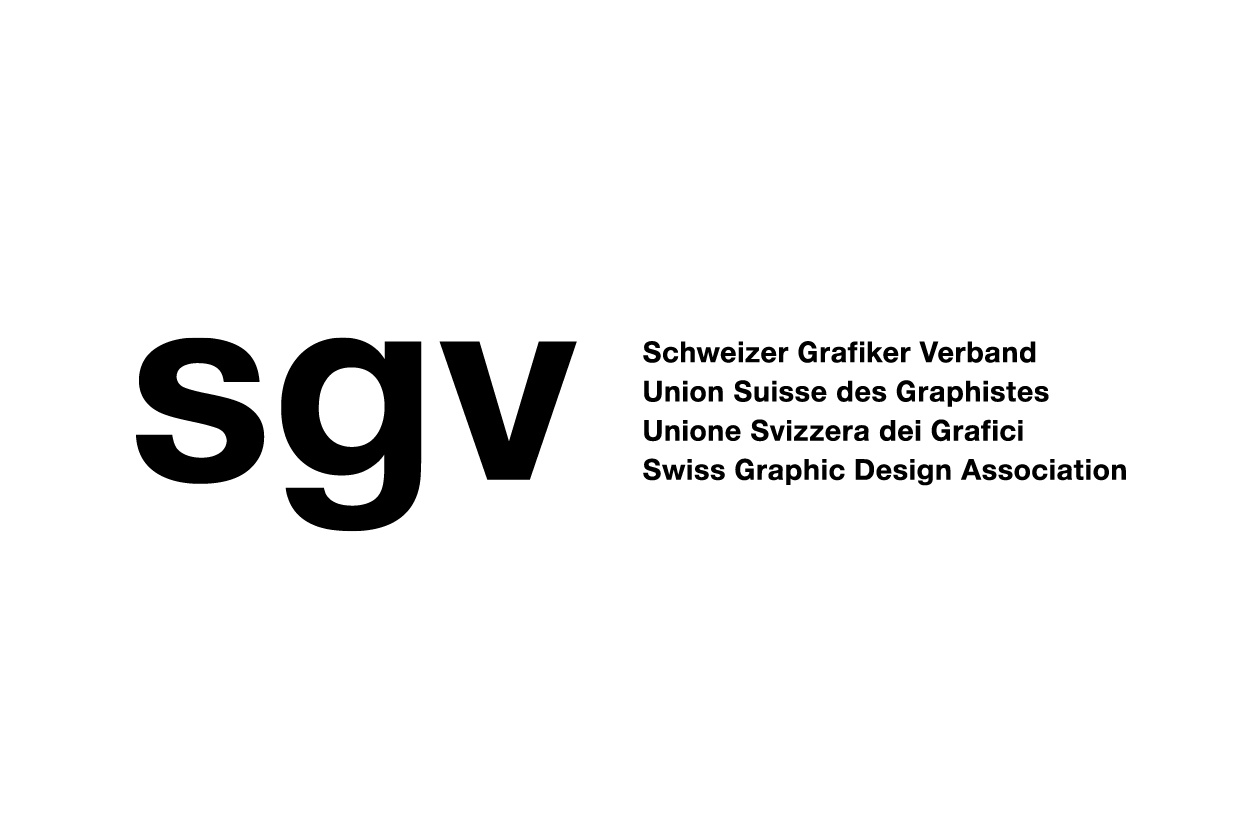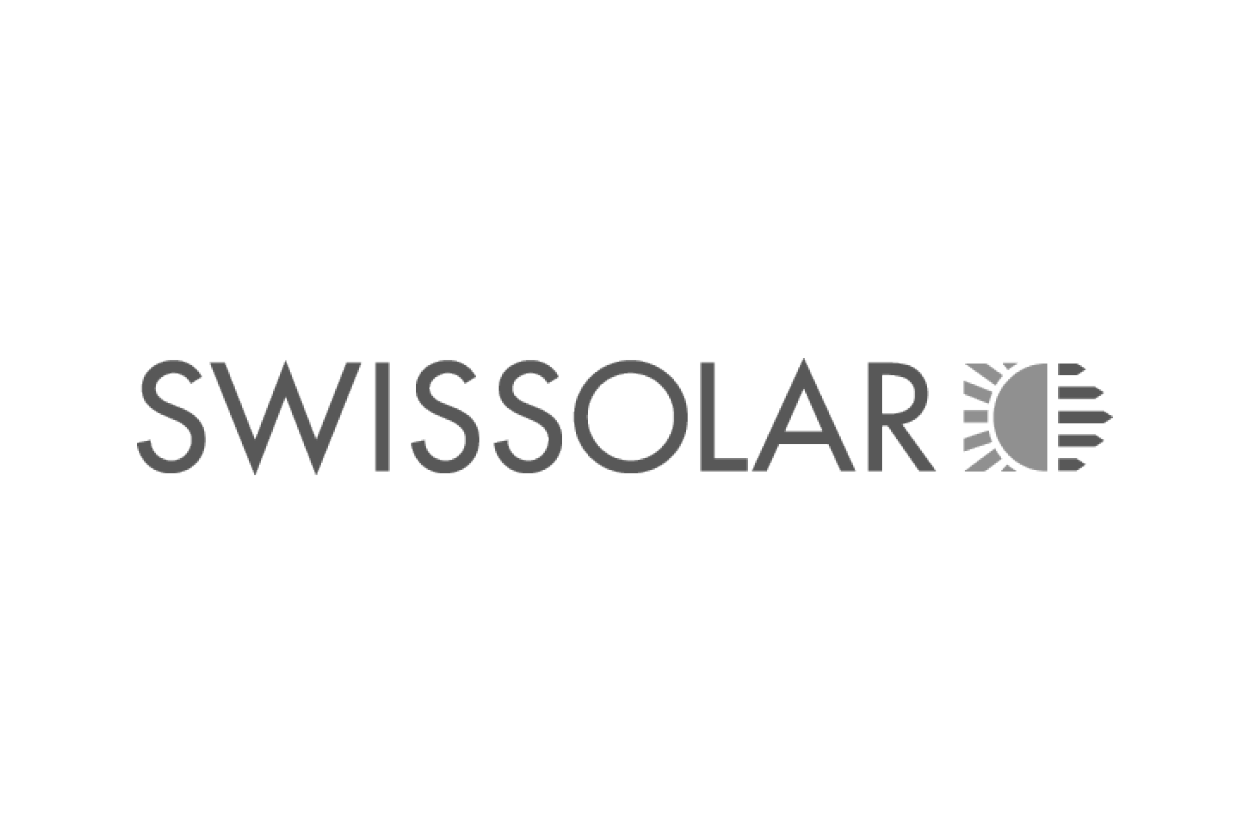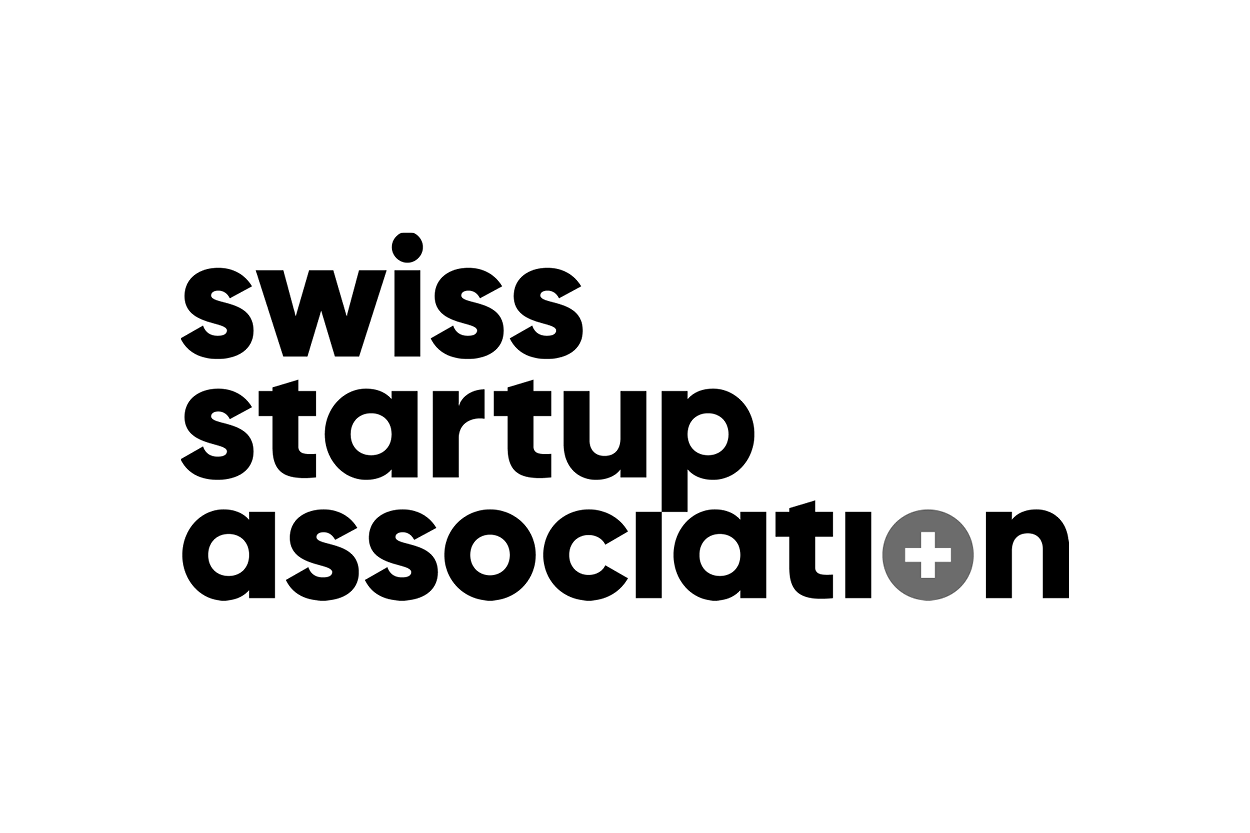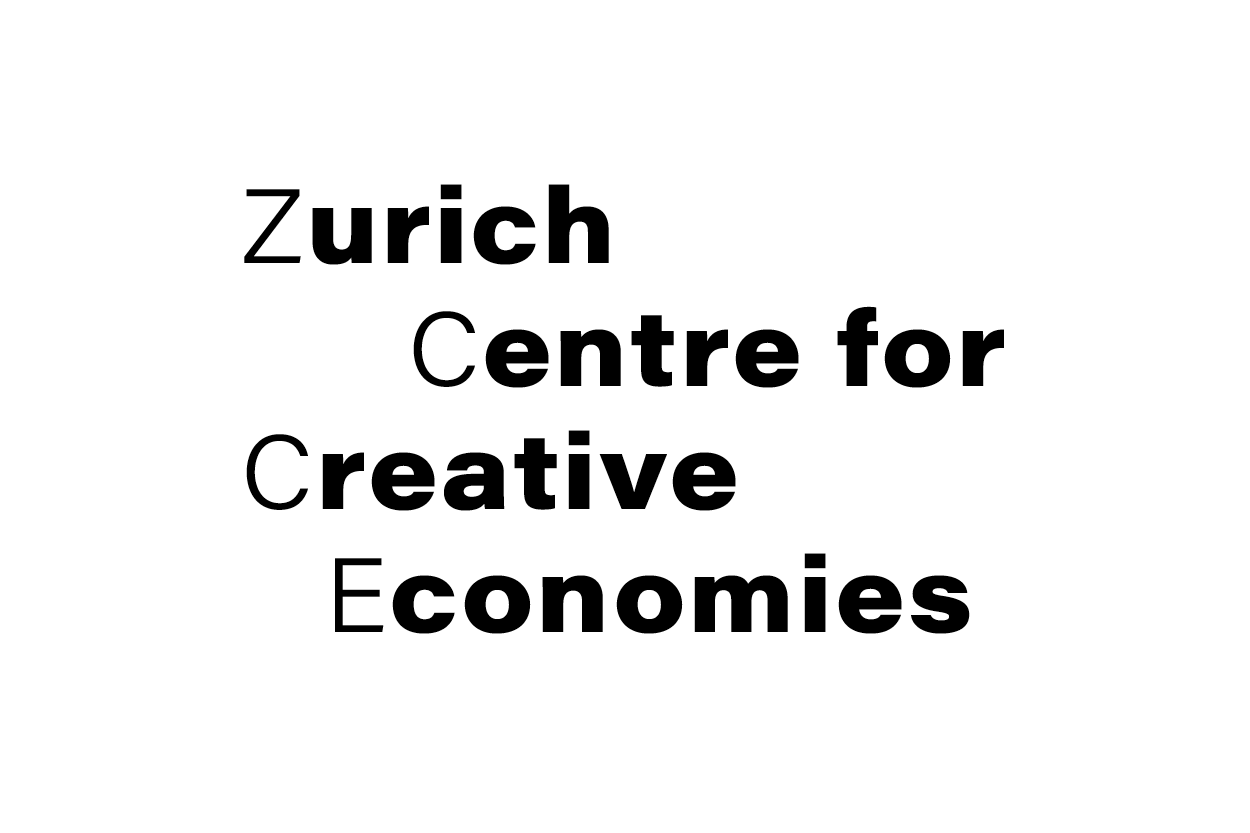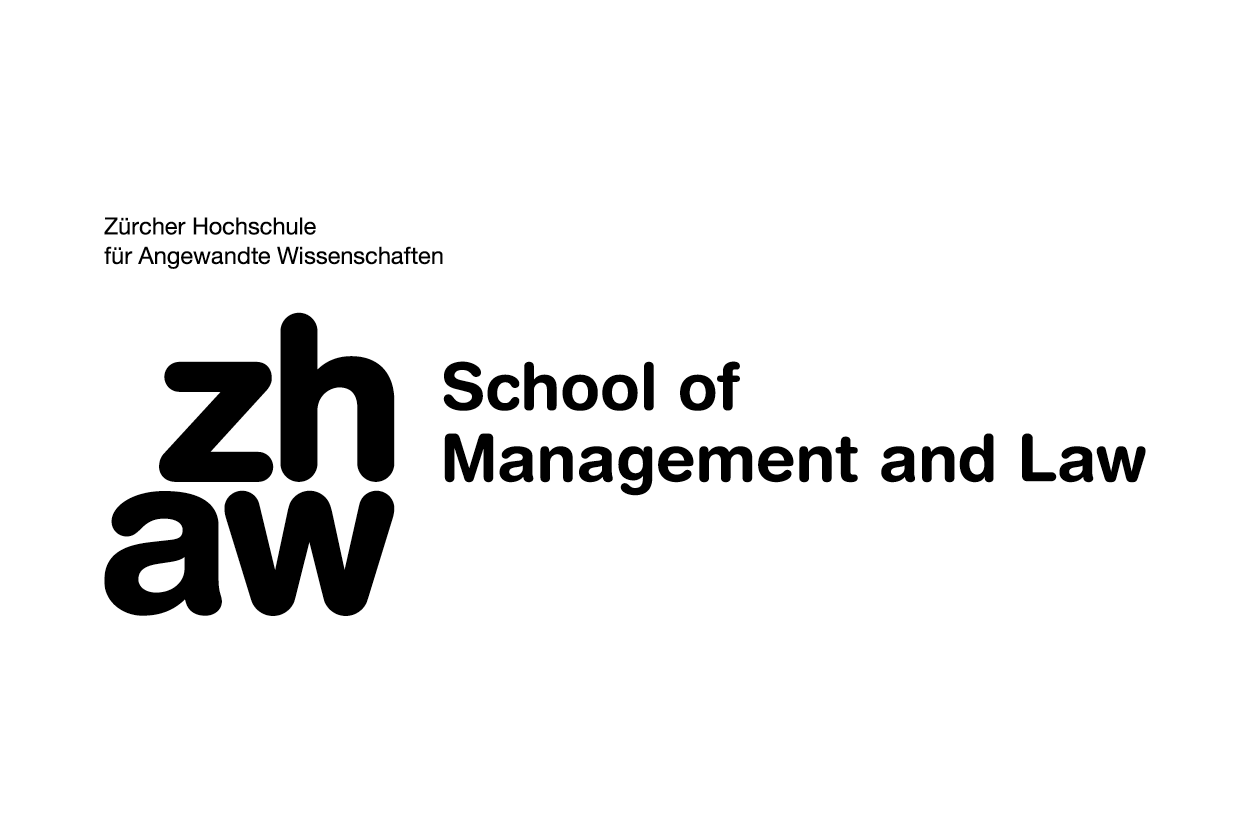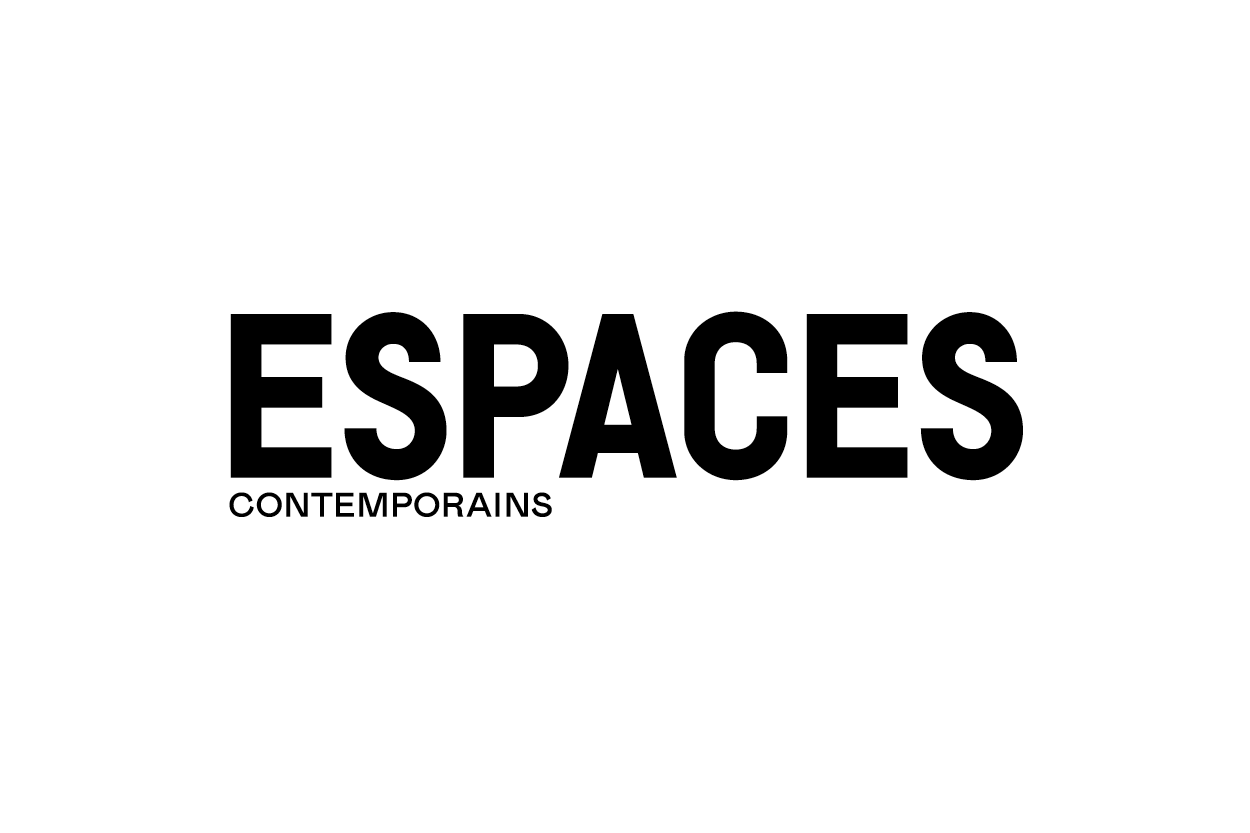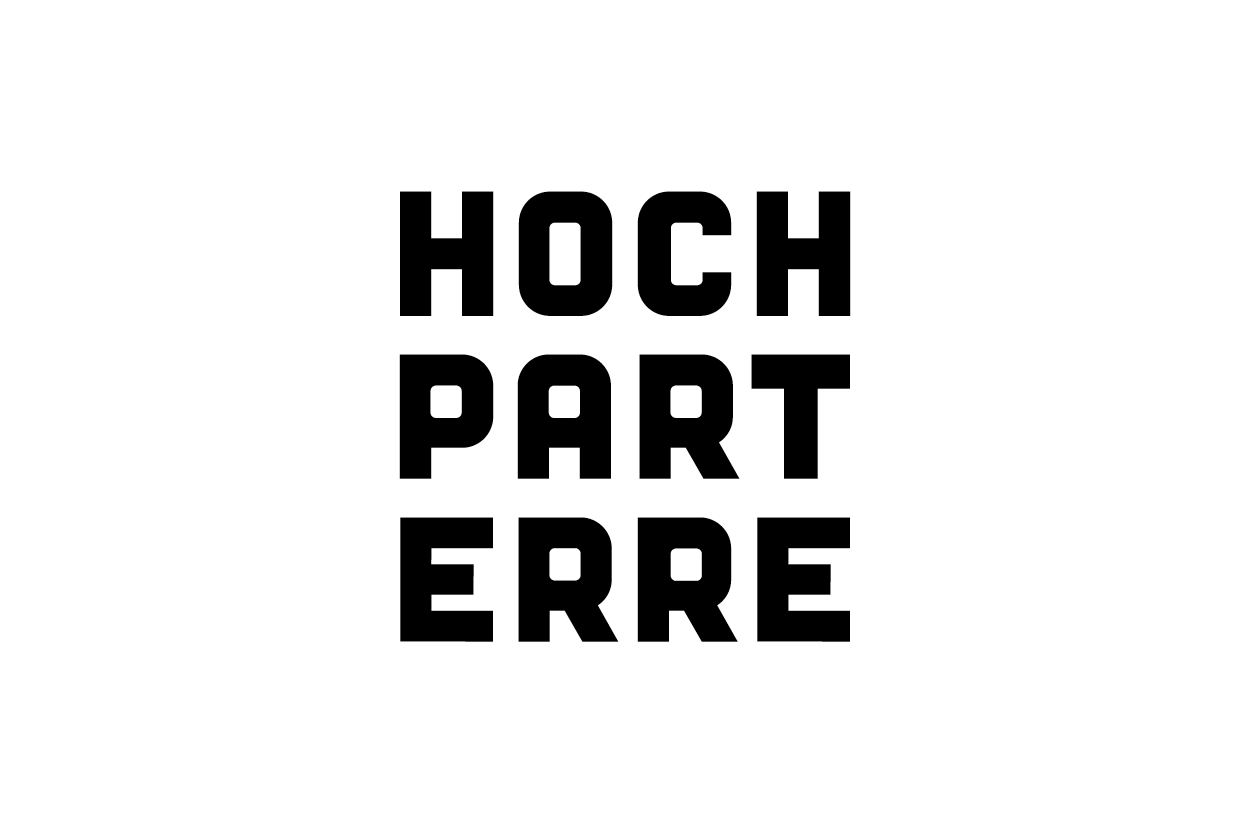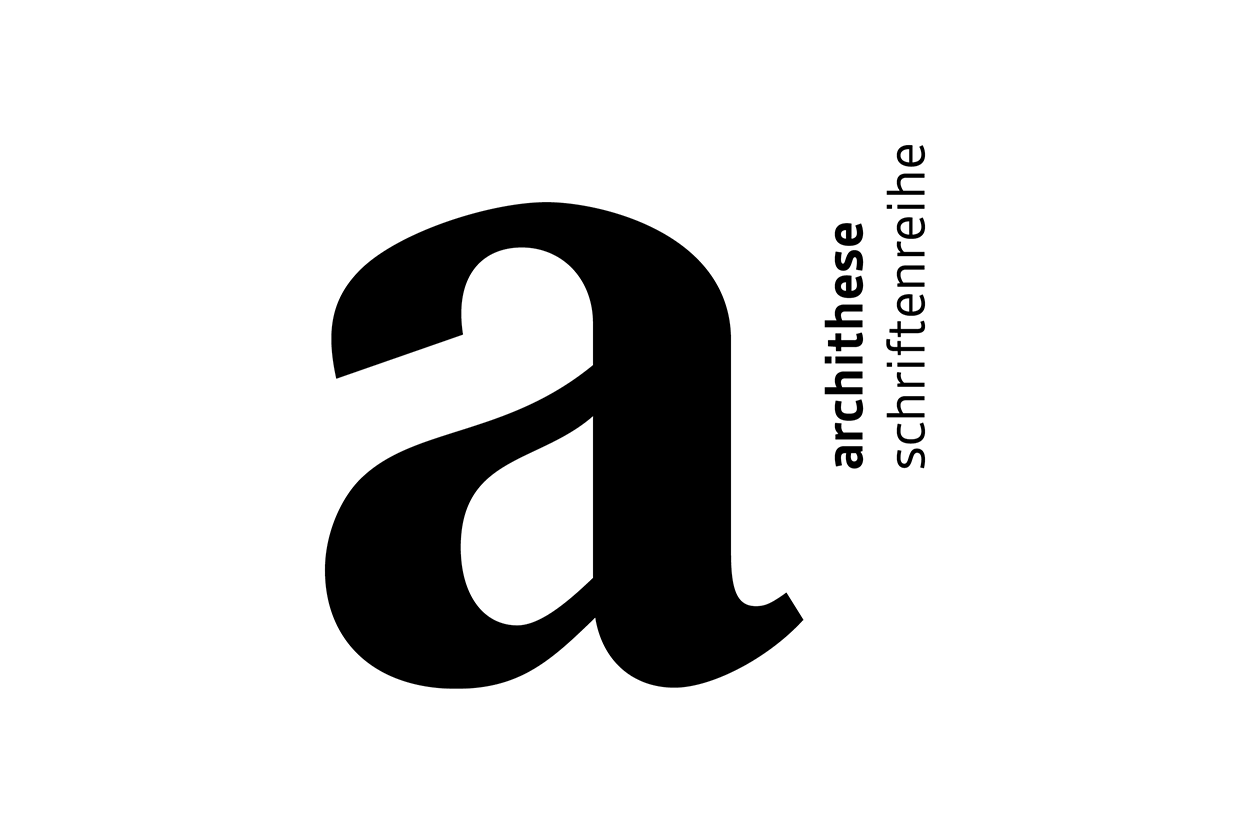The competition is geared towards Swiss people working in the design industry, companies, institutions and manufacturers who work here or abroad. Foreign designers, who work, study or are employed by a Swiss company can also enter.
There will be prizes for products, projects, services and concepts from all the design disciplines which are relevant to business. Research projects and dissertations can also enter the competition.
Assessment criteria
The nomination teams and jury regard design as the result of an integrated development process, which uses the opportunities along the value-added chain and develops added value as a result.
All products, projects, research work, services and dissertations, which represent an innovative solution as a result of design-oriented development and design, are permitted for inclusion.
The common binding features for all categories are:
- Innovative content
- Added value, benefit and effect
- Social relevance
- Sustainability and ecological responsibility
- Market, sector and user compliance
- High-quality workmanship
- Design quality
- Economic value
- Products
- Materials
- Research and development
- Systemic innovation, circular structures, infrastructures and processes
- Circular manufacturing
- Zero waste solutions
- New circular business models and services
- Recycling, reuse, redistribution, product life extension / repair
- Refurbishment / remanufacturing
- Energy and resource efficiency
In addition to the regular competition entries, the experts actively nominate in this award category.
All stages of the value chain are taken into account: > Extraction and production of natural resources/materials or their importation > Manufacturing/production of parts and products > Supply, wholesale and retail > Consumption and utilisation of products and services > Return systems, material and product recycling, waste recycling and waste management.
«Circular economy» is omnipresent today and an important innovation factor. Underlining the urgency for action in view of the climate change, the Paris Agreement of 2015 made it clear that reducing the consumption of resources and minimizing the ecological footprint was crucial. Countries are following suit with dedicated regulations that will accelerate the transition from a linear to a circular economy. The integration of design as a comprehensive, contextualising work process is of central importance in this transition.
With the visionary goal of the circular economy in mind, the Circular Design category honours innovative achievements that are already circular in themselves, that can be integrated into the value chain as a partial solution, and that benefit and redefine it.
Nominations can be made for companies, processes, materials, products, technologies and systemic innovations and, of course, products. It is a must to show a clear record of the process. What they all have in common is the fulfilment of the criteria, innovation, recognisable circular continuity from research & development to production to the customer — and obviously back again.
- Innovative gastronomy concepts
- Newly developed food products
- Food styling projects and/or campaigns
- Food packaging
In addition to the regular competition entries, the experts actively nominate in this award category.
On the one hand, food design stands for the development of new food recipes and dishes that are modified with the help of chemical or other processes to suit specific customer needs. On the other hand, food design refers to the presentation and preparation of dishes in order to advertise gastronomy or food products. Furthermore, the term stands for innovative gastronomy concepts that manage to inspire guests and tell a story.
The food designers we would like to honour do not only design dishes. They explore new production techniques and convince with the skills of a chef — but they also possess a distinct aesthetic and artistic sensibility.
Food designers know how to handle temperatures, colours, textures and shapes. Furthermore, they use contemporary communication as a basis for developing new services and products based on social trends and customer needs.
Nominations are open to (food) designers, chefs, start-ups, restaurateurs, agencies, companies, innovative gastronomy and food concepts, production processes, technologies, systemic innovations and, of course, beverages and food, as well as innovative food packaging and campaigns.
- Beds
- Lamps, Lighting
- Outdoor furniture
- Racks and sideboards
- Cupboards
- Leisure Chairs
- Sofas
- Chairs
- Modular furniture
- Tables and side tables
- Etc.
The competition is looking for high-quality, innovative furniture design that convinces with its aesthetic design and quality in addition to its well thought-out functionality. Nominated and awarded projects in the Furniture Design category are characterised by social and economic added value.
- Everyday aids and commodities
- Health, care and social services
- Housing and interior design concepts for the private, public or institutional sector
- Kitchen, bathroom, furniture, lighting
- Smart home, home technology
- Shopping, working, mobility
- Technology in the fields of security, information and communication
- Social networking and inclusion, travel and culture
In addition to the regular competition entries, the experts actively nominate in this award category.
Against the background of age-related demographic change with an increasing group of old people defining our society, new demands on the social and inclusive society are emerging now and tomorrow. New lifestyles, needs for products and services are emerging. Independent and participatory life in society is the overarching, sustainable goal.
In order to include all social groups in terms of function and design, innovative solutions are wanted.
Nominated and award-winning projects are convincing because of their barrier-free accessibility and formally high quality standard — regardless of any possible handicaps or limitations of the users.
Sub Categories
- Interior Design & Interior Architecture
- Private or Public Buildings
- Retail, Gastronomy, Hotel, Tourism, Leisure
- Exhibitions and Scenography
- Exterior and Public Spaces
- Healthcare, Wellness
- Stage Design
- Similar Others
In the coming years, Interior design will become increasingly important. Buildings will have to be converted and adapted to the new requirements of social and ecological change.
We are looking for innovative projects, be it from residential construction, in the context of conversion and interim use, from gastronomy, the hotel industry or retail, wellness etc. Nominated and awarded projects in the category Interior Design create a unique atmosphere and have a direct influence on the users of the space.
Sub Category Consumer Goods
- Consumer Goods at large
- Electronics & Communication
- Home Appliances, Kitchen and Bath
- Lighting
- Shoes, Bags
- Textiles
- Watches, Jewellery, Accessories
- Similar Others
Sub Category Investment Goods
- Investment Goods
- Machines
- Materials
- Medtech and Healthcare
- Microelectronics
- Systemic and Technical Goods and Installations for the Industry
- Textiles
- Tooling
- Transportation and Mobility
- Gastronomy, Tourism and Hotel Industry
- Services
- Similar Others
Having a strong impact on all areas of life and thus being a driver of innovation, product design is crucial, be it as medical equipment, means of transport or furniture. We are looking for products that have an independent and comprehensible design process and production quality, that take into account the cultural and social needs of the target group and that rely on sustainable production methods.
Sub Categories
- Circular Design
- Food Design
- Furniture Design
- Inclusive Design
- Interior Design
- Product Design
- Interdisciplinary Projects
The category Young Professionals Is intended for specialists whose qualification from a design course or design-oriented training is not more than three years ago.
The prize is aimed at talented designers of the younger generation:
These include professionals from all design institutes who have completed a course in Design or in a design-related subject within the last three years.
- Submissions may include products, projects, concepts and prototypes
-
- which have been conceived, designed or produced as original creations
- which have been developed as limited editions or commissioned works for institutes or galleries.
- The following are excluded:
- Commissioned works for commercial brands
Submissions for the competition must, as a minimum requirement, include a finalised and presentable concept.
The call for entries for Edition 23 is closed.
This is what you get
Already the nomination is a distinction and keeps the whole achievement beyond the award ceremony:
- Prize money: 5’000.- to 10’000.- per category (winner only)
- one chair from Vitra per category (exclusively Winner)
- Marketing Label (Nominees, Winner)
- Professional press dossier (Nominees, Winner)
- Integration in our media work (Nominees, Winner)
- Publicity on our communication channels (Nominees, Winner)
- Portrayal with expert justification in our Hall of Fame (Nominees, Winner)
- Inclusion in the digital design guide (Nominees, Winner)
- Access to the new Design Retreat format (exclusively Nominees & Winners of the Young Professionals category)
- 2 tickets for an exchange with the experts at the jury party on 1.9.2023 (Nominees, Winner)
- 2 tickets for the award ceremony 3.11.2023 (Nominees, Winner)
Newsletter
Stay informed about the call — subscribe to the Newsletter now!

